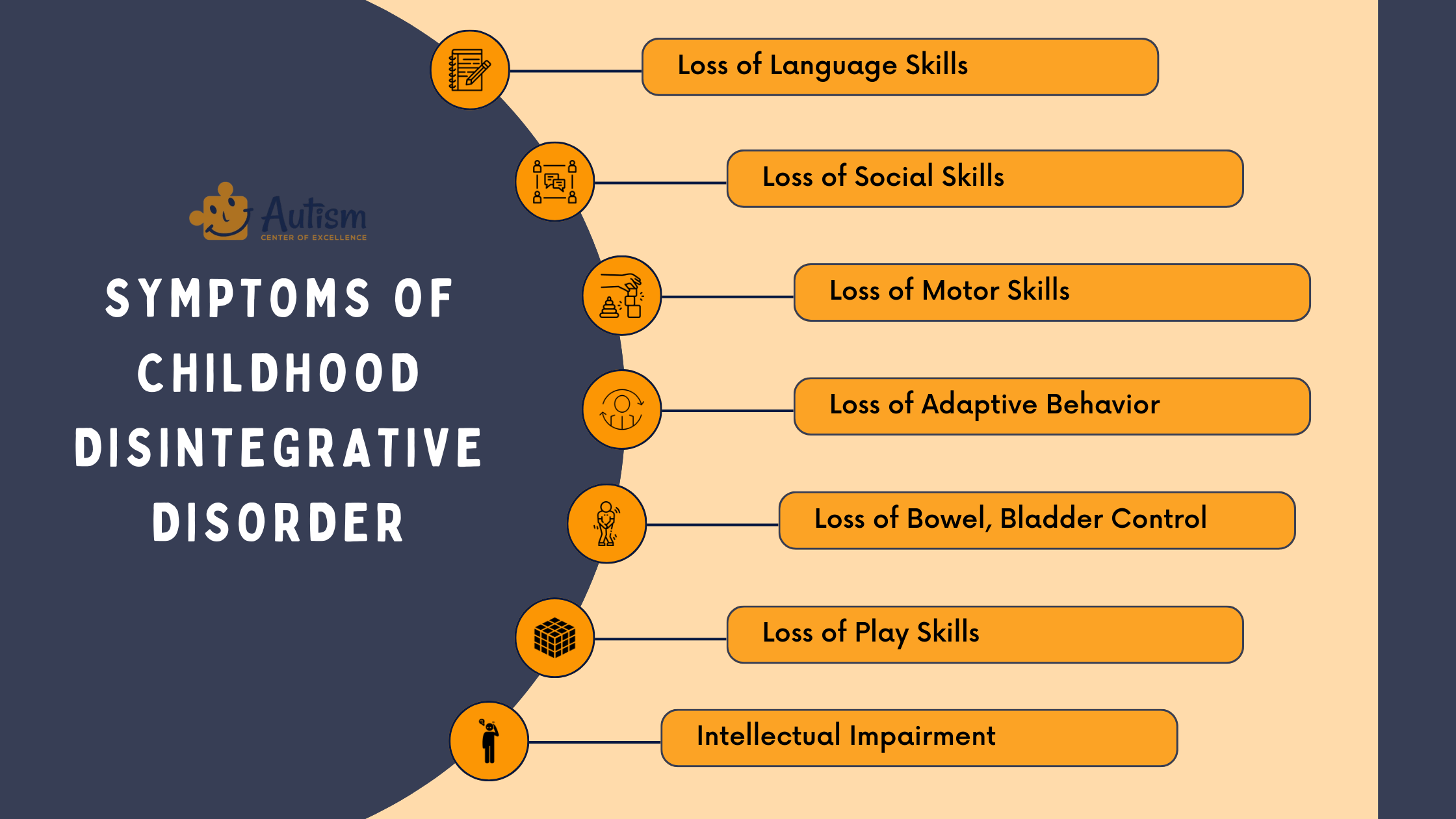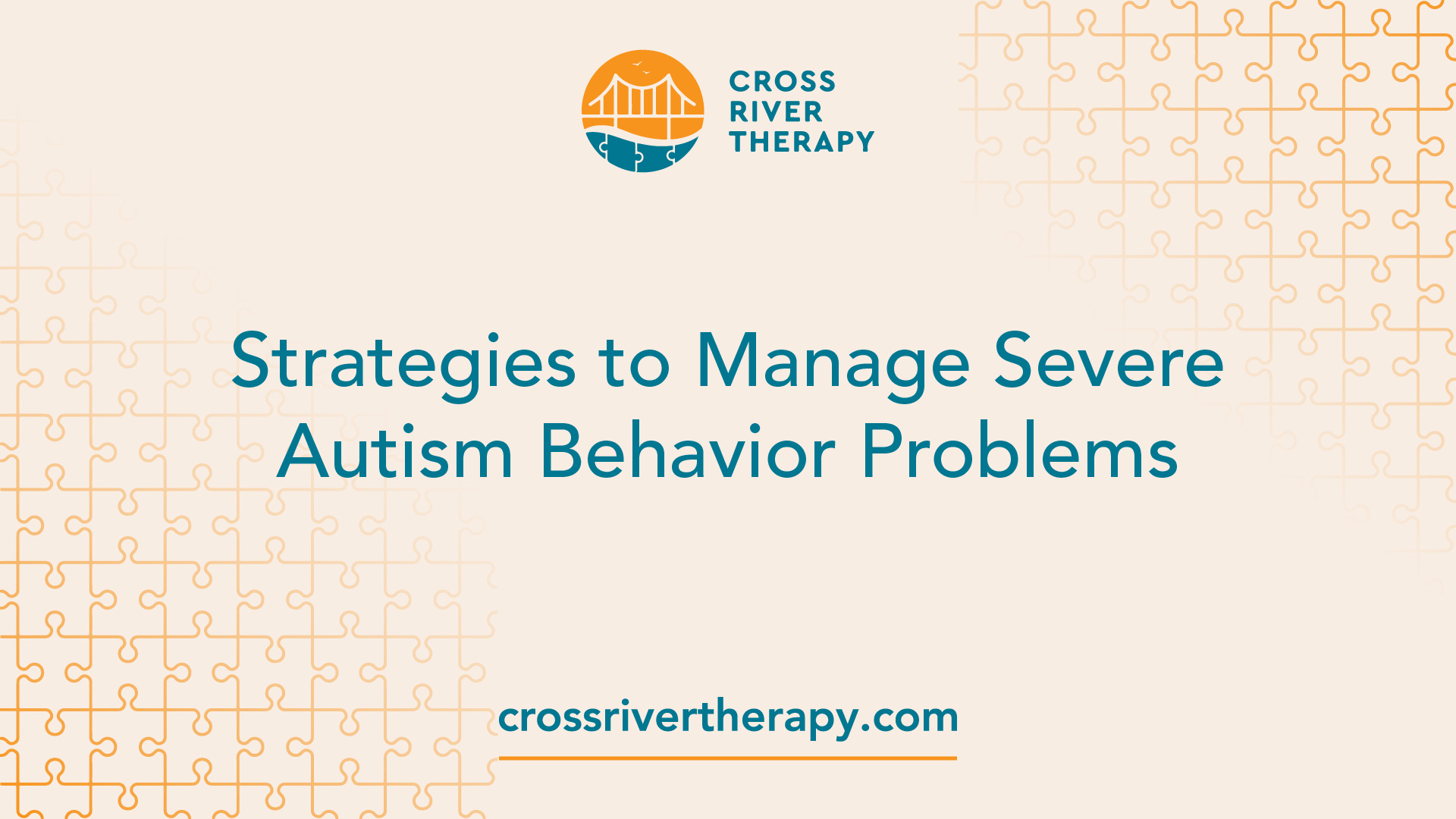Exploring Effective Approaches for Sustaining Individuals With Behavior Autism
Supporting people with behavioral autism calls for a nuanced understanding of their unique requirements. What certain strategies can you implement to ensure these people grow?
Recognizing Behavioral Autism: Key Characteristics and Challenges
When you start to comprehend behavioral autism, you'll observe numerous essential characteristics and challenges that define the experience for individuals. Several people with behavior autism typically have problem with communication, making it hard for them to share their needs or emotions successfully. You may observe repetitive habits, such as hand-flapping or shaking, which act as coping mechanisms for managing stress or sensory overload. Social interactions may be challenging; individuals may find it difficult to read social hints, bring about misconceptions in relationships.
Furthermore, sensory level of sensitivities prevail, creating discomfort in settings with loud noises or bright lights. These difficulties can lead to anxiety or irritation, affecting life. It is necessary to identify that each person is distinct, and their experiences might vary. Understanding these features permits you to come close to support with compassion, fostering a positive connection that can enhance their health and urge growth.
The Relevance of Personalized Interventions
When it involves sustaining individuals with behavior autism, individualized interventions are vital. By producing tailored treatment strategies that concentrate on individual toughness, you can considerably boost their advancement. Working together with assistance groups assures every person is aligned in supplying the very best care feasible.
Customized Intervention Strategies
Creating tailored treatment strategies is vital for effectively supporting individuals with behavioral autism, as each person's obstacles, requirements, and toughness differ considerably. Beginning by collecting in-depth details about the individual, including their preferences, causes, and previous experiences. This versatility not just cultivates involvement yet also advertises a sense of ownership and empowerment for the individual.
Private Strengths Assessment
A specific toughness evaluation is vital for creating individualized treatments for individuals with behavior autism. By concentrating on everyone's special abilities, you can develop techniques that resonate with their skills and interests. This method not just enhances engagement but also improves self-confidence.
When you recognize staminas, like remarkable memory or artistic talent, you can tailor treatments that take advantage of these areas. This not only makes discovering more reliable but additionally fosters a sense of achievement. Remember, every person has unique abilities; acknowledging them equips you to craft purposeful experiences.
Incorporating these strengths right into healing techniques and day-to-day regimens can cause improved end results. Ultimately, focusing on strengths guarantees that treatments are not simply efficient but additionally improving for the person.
Collaborative Support Teams
Identifying private strengths establishes the stage for creating collective support groups that concentrate on customized interventions. By uniting specialists, relative, and the people themselves, you develop a helpful network that customizes approaches to meet particular demands. Each staff member adds unique insights, making certain a complete method that deals with behavior challenges properly.
You'll find that collaboration promotes open interaction, enabling constant responses and modifications. This flexibility is important, as it aids everybody engaged stay straightened with the person's preferences and goals. Additionally, participating in this team-based strategy encourages individuals with autism, promoting their self-advocacy and confidence. Ultimately, individualized interventions established through joint assistance teams result in even more meaningful progression and a much better quality of life.
Evidence-Based Interaction Strategies

When functioning with individuals on the autism range, employing evidence-based interaction techniques can greatly boost their ability to attach and express themselves. Making use of visual supports, like photo timetables or communication boards, assists clarify expectations and cultivates independence. Simplifying language and utilizing concrete terms permits better understanding, reducing irritation.
Including social stories can prepare individuals for different scenarios, instructing them appropriate actions and actions. Urging using assistive innovation, such as speech-generating tools, encourages people to communicate much more successfully. Furthermore, using predictable environments and consistent routines can offer a complacency, making interaction a lot more efficient.
Bear in mind to be person and offer them time to refine your words. Taking part in energetic listening, where you show their feelings and thoughts, can reinforce your link. By carrying out these strategies, you'll produce an extra encouraging communication environment for people with autism.
Producing Encouraging Settings
Creating encouraging atmospheres for individuals with behavioral autism begins with implementing structured regimens that give predictability and safety. You'll also intend to make sensory-friendly areas that deal with individual demands, lowering frustrating stimuli. In addition, utilizing positive reinforcement techniques can urge preferred behaviors and cultivate a sense of success.
Structured Routine Implementation
Developing a structured regimen can considerably improve the setting for individuals with behavioral autism. By producing a regular routine, you give predictability, which can minimize anxiety and complication. A well-structured atmosphere fosters independence and confidence, supporting their overall growth.
Sensory-Friendly Spaces Style

Positive Support Methods
When you incorporate favorable support methods right into your approach, you can greatly enhance the knowing and behavior results for people with autism. This includes rewarding and acknowledging desired behaviors, which urges repetition of those habits. Beginning by identifying what encourages the specific-- be it applaud, symbols, or unique activities. Enhance favorable actions promptly to produce a clear connection between habits and incentive. Consistency is key; guarantee that everyone entailed in their care applies the exact same reinforcement methods. You can likewise gradually raise the complexity of jobs as people end up being more comfortable, enhancing their progress. By developing an atmosphere where favorable actions are acknowledged, you cultivate self-confidence and a feeling of accomplishment, eventually supporting their growth and well-being.
Collaborative Techniques: Dealing With Professionals and families

Involving family members in decision-making empowers them and improves their ability to sustain their liked ones. Professionals, consisting of specialists and instructors, can provide valuable sources and training that better help households.
You ought to additionally respect each event's point of view, identifying that households understand their child best while specialists bring specialized knowledge. By crafting personalized strategies together, you create a customized approach that attends to unique needs. Aba Therapist Near Me. Eventually, this partnership not just benefits the specific with autism yet also strengthens the support network surrounding them, making it a lot more effective and cohesive
Incorporating Social Skills Training
Building on the solid partnerships formed between households and experts, including social abilities training can significantly boost the assistance provided to people with behavior autism. This training assists you show crucial communication abilities, such as launching conversations, understanding non-verbal cues, and responding appropriately in social circumstances.
By utilizing structured activities, role-playing, and real-life scenarios, you produce opportunities for practice in a safe setting. Urge people to take part in team settings where they can engage with peers, fostering relationships and boosting their convenience in social contexts.
It is essential to customize the training to every person's one-of-a-kind staminas and obstacles, guaranteeing they feel confident and qualified. Regularly including comments from both households and experts can fine-tune these approaches, making social abilities training more reliable. Inevitably, you're encouraging individuals with the devices they require to navigate social interactions efficiently and develop meaningful partnerships.
Checking Development and Adjusting Strategies
As you apply social skills training, it's critical to keep track of progression and change strategies appropriately. Maintain track of behaviors, keeping in mind improvements and obstacles.
Involve the individual in reflection, asking how they really feel about their development and what obstacles they deal with. This feedback is vital for customizing your approach. If certain methods aren't yielding outcomes, do not be reluctant to customize them.
Integrate a range of methods to maintain the training interesting and vibrant. Team up with various other caretakers or experts for fresh point of views and understandings. Keep in mind, versatility is crucial; what works today may not work tomorrow. By staying mindful and responsive, you develop a setting that cultivates development and advancement. Always celebrate success, no issue just how little, to motivate continued initiative and excitement.
Often Asked Concerns
What Are the Common Misconceptions Concerning Behavioral Autism?
You may think behavior autism only affects interaction, however it encompasses far more. Many think all individuals with autism act the same, ignoring their special characteristics and abilities. It's necessary to understand each individual's differences.
How Can Technology Help in Supporting Individuals With Behavioral Autism?
Innovation can enhance interaction, giving tools like apps for social abilities and actions tracking. You can make use of virtual fact for immersive experiences, and wearable tools can keep click here an eye on moods, helping you sustain people properly.
What Role Do Sensory Handling Issues Play in Behavioral Autism?
Sensory processing issues can considerably affect habits. You could observe that overwhelming sensory input results in stress and anxiety click here or crises. Understanding these difficulties aids you create a more supportive atmosphere for people experiencing sensory overload.
Are There Particular Dietary Recommendations for Individuals With Behavior Autism?
Yes, certain dietary suggestions can assist. You might take into consideration a gluten-free or casein-free diet, which some discover advantageous (Aba Therapist). Constantly seek advice from a medical care specialist prior to making considerable changes to ensure it's right for you or your liked ones
Just How Can Peers Be Enlightened to Support People With Behavioral Autism?
To educate peers, you can organize workshops, create useful materials, and encourage seminars. Engaging tasks, like role-playing scenarios, help them recognize difficulties faced by individuals, fostering compassion and reliable assistance within the area.
Checking Out Efficient Approaches for Supporting Individuals With Behavior Autism.
Producing customized intervention strategies is crucial for properly supporting people with behavior autism, as each person's difficulties, staminas, and demands vary considerably.A specific staminas assessment is essential for creating customized treatments for individuals with behavior autism.To support people with behavioral autism, making sensory-friendly areas is essential, as it can substantially boost their convenience and emphasis.Collaborative strategies are vital for supporting individuals with behavior autism, as they foster a solid partnership between specialists and families.
Comments on “Exceptional talents often seen by an Autism Therapist”